Handbook of popular industrial valves
Industrial valves are widely used in factories and industrial projects to control the flow of liquids and gases. This is a key device to operate the pipeline system effectively and safely. So what is an industrial valve? What types of industrial valves are there? Let's find out through the following article.
What is an industrial valve?
Industrial valves are valves designed for use in industrial applications such as oil refineries, power plants, chemical plants, paper... They have a sturdy structure, large size, high working pressure. high performance to suit harsh environments in factories.
.jpg)
Some characteristics of industrial valves:
- Large, sturdy design, good bearing capacity.
- High working pressure, up to tens of kg/cm2.
- Used to transport fluids such as steam, oil, acids, alkalis...
- Common materials are carbon steel, stainless steel, nickel alloy.
- Long lifespan, few failures.
- Automatic or manual fluid control.
Thus, industrial valves are of special importance in factories and industrial buildings. Choosing the right valve type will help optimize the operating process, ensuring safety and production efficiency.
Types of industrial valves in pipeline systems
There are many different types of industrial valves, depending on their uses and working conditions. Below are some common valve types.
Types of industrial valves for hot steam and hot oil systems:
Balancing valve: keeps pressure stable when supply changes.
Relief valve: releases excess steam from the system.
Shutoff valve: opens or closes the flow.
Safety valve: automatically opens when pressure exceeds the allowable limit.
Types of industrial water valves:
Gate valve: controls large water flow.
Stop valve: prevents backflow of water.
Air release valve: releases air and sediment from the pipeline.
Throttle valve: reduces excessive pressure to a safe level.
Other types of industrial valves: Solenoid valves, pneumatic valves, waterproof valves, hydraulic cylinder valves...
.jpg)
Each type of industrial valve has its own uses, so it is necessary to choose the appropriate type for each piping system and operating conditions. This will ensure stable and safe operation of the factory.
Note when choosing industrial valves
To choose a quality industrial valve suitable for the system, users need to pay attention to the following factors:
- The valve's working pressure and temperature must match actual conditions.
- The fluid that the valve works with also affects the selection (water, steam, acid, alkali...).
- The size and connection of the valve must be compatible with the pipeline.
- Choose a valve from a reputable manufacturer with clear quality inspection stamps.
- Prioritize large, experienced valve brands such as KSB, Kitz, CMO...
- Ensure good maintenance and service from the supplier.
Thus, businesses need to carefully learn about the technical features, product quality as well as the reputation of the valve brand before deciding to choose. This will help ensure optimal operation of the piping system and equipment at the factory.
.jpg)
Trên đây là những chia sẻ cơ bản về các loại van công nghiệp phổ biến. Hy vọng bài viết đã cung cấp thông tin hữu ích để độc giả lựa chọn sản phẩm phù hợp với nhu cầu sử dụng.
PHUC MINH ENGINEERING COMPANY LIMITED
Hotline: 0902800728
Sales: 0902720814 / 0907450506
Tel: 02835352125 - Fax: 02835350254
Email: info@pm-e.vn
Website: www.pm-e.vn
Related News
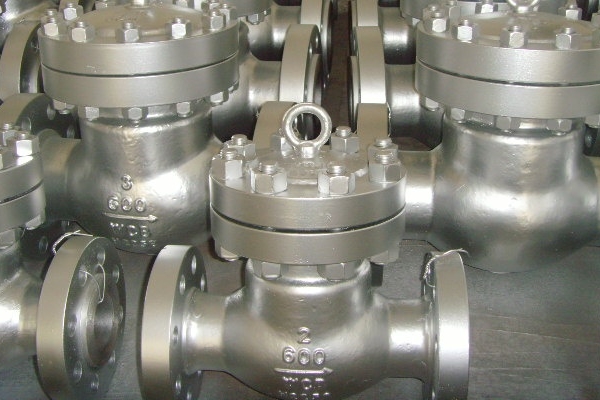
inVal Industrial Valves: Stainless Steel Gate Valve Solution for Chemicals
20/12/2025
Discover VinVal industrial valve lines, especially specialized stainless steel gate valves. Learn how to select the most effective valve for corrosive chemicals
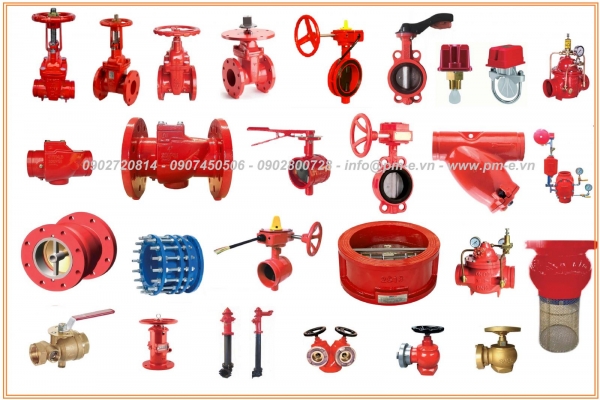
VinVal Industrial Water Valves: Stainless Steel Globe Valves & Pipeline Solutions from PM-E
20/12/2025
Discover high-quality VinVal industrial water valves. PM-E specializes in providing stainless steel globe valves and diverse fluid control solutions for your pipeline systems.
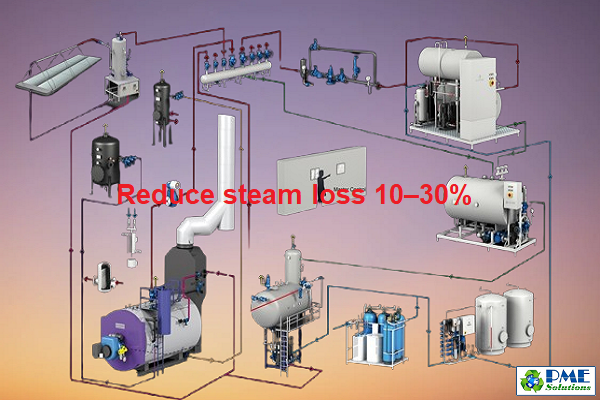
Steam Energy-Saving Solutions for Factories | Phuc Minh Engineering
17/12/2025
Optimize your steam system with Phuc Minh Engineering. Reduce energy loss, increase boiler efficiency, and cut fuel costs by 10–30%. Contact us now.
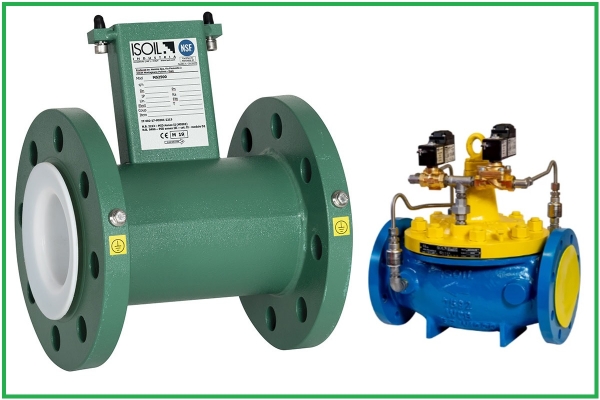
Flow Measurement & Pressure Control Solutions.
17/12/2025
Solutions for measuring flow and controlling pressure in steam, air, water, oil, and chemical systems. Optimize operations – reduce losses – enhance safety. Contact Phuc Minh.
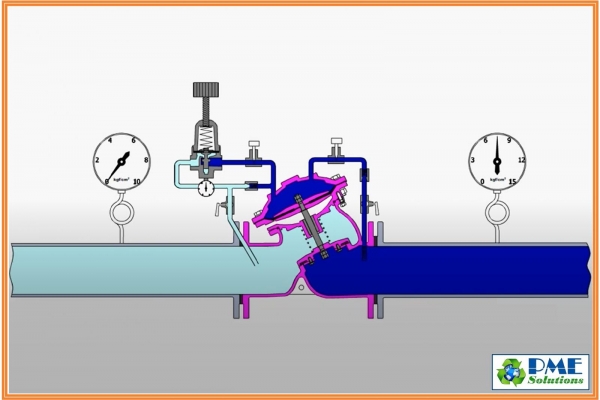
What Is a Pressure Reducing Valve? Structure – Working Principle – How to Select the Best PRV for Industrial Plants (2025)
17/12/2025
A Pressure Reducing Valve (PRV) is a device used to reduce high inlet pressure to a stable, lower outlet pressure, helping protect piping systems, instruments, and machinery while improving operational safety. PRVs are widely used in: Steam systems Compressed air, gas, nitrogen Clean water – process water – chilled water Oil, chemicals, and other industrial media









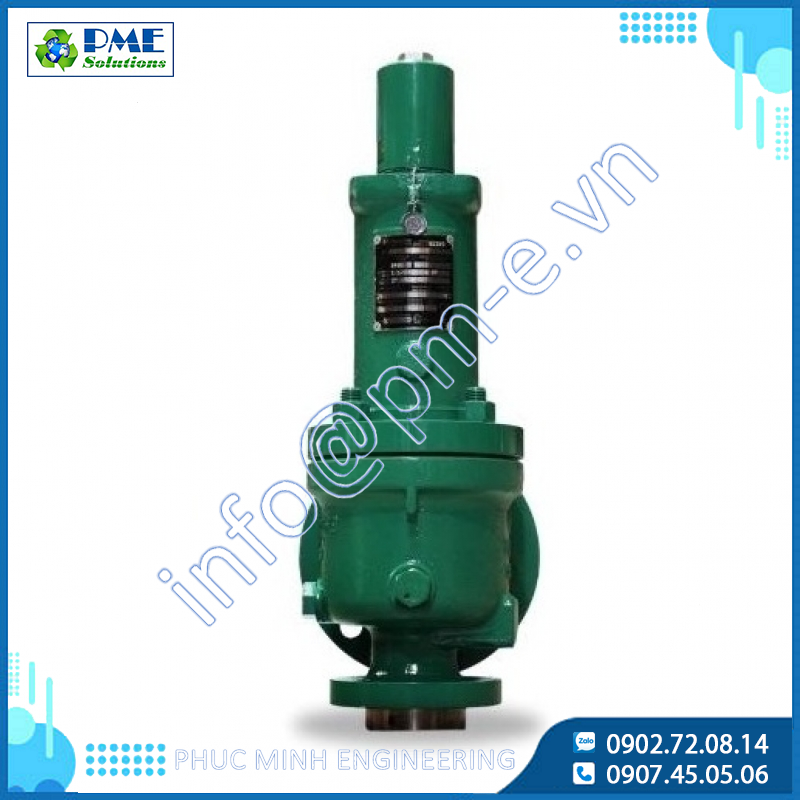
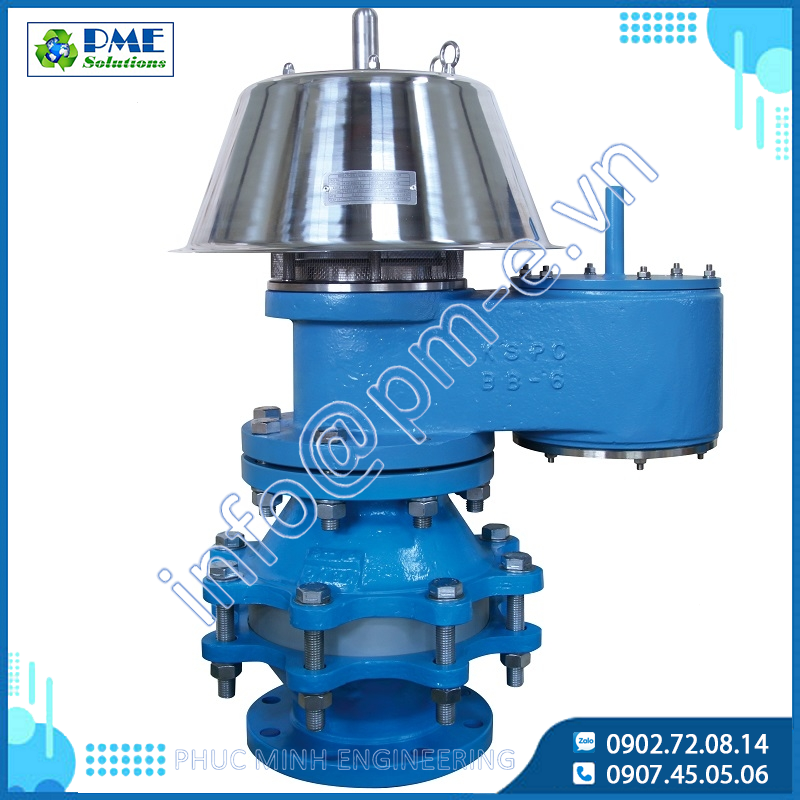
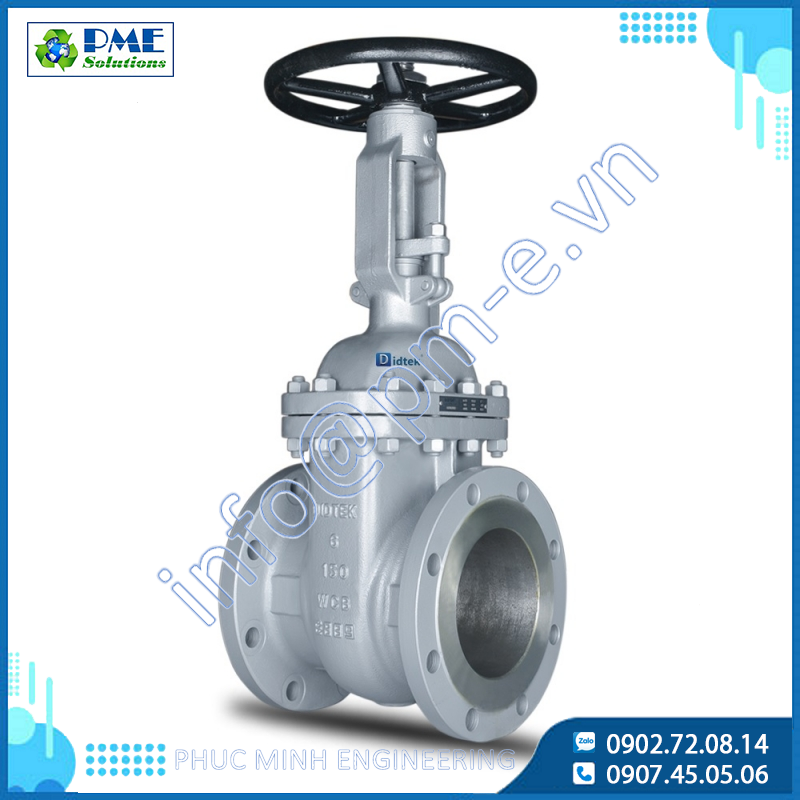
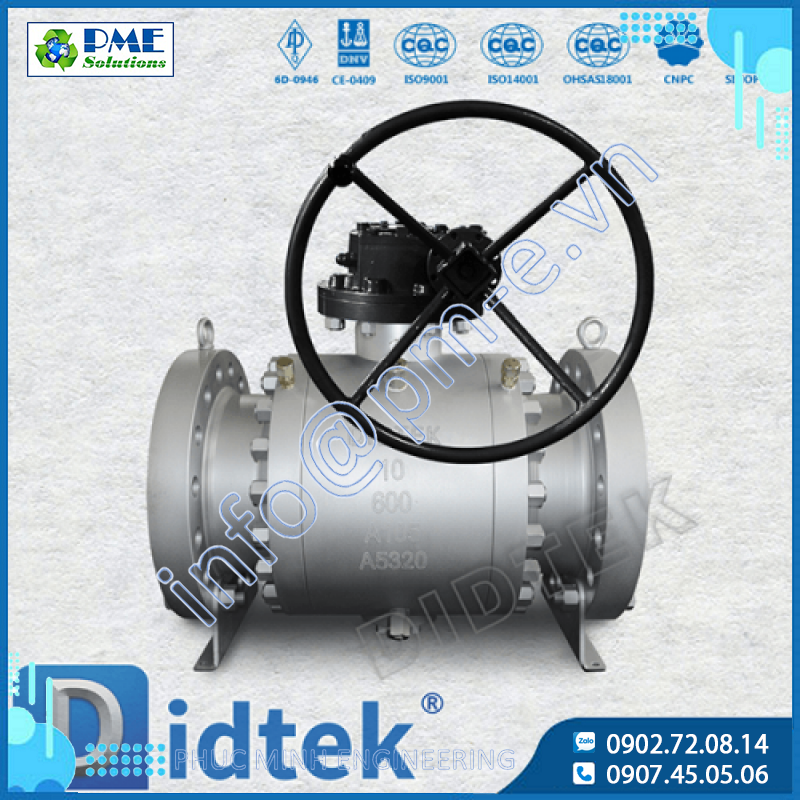
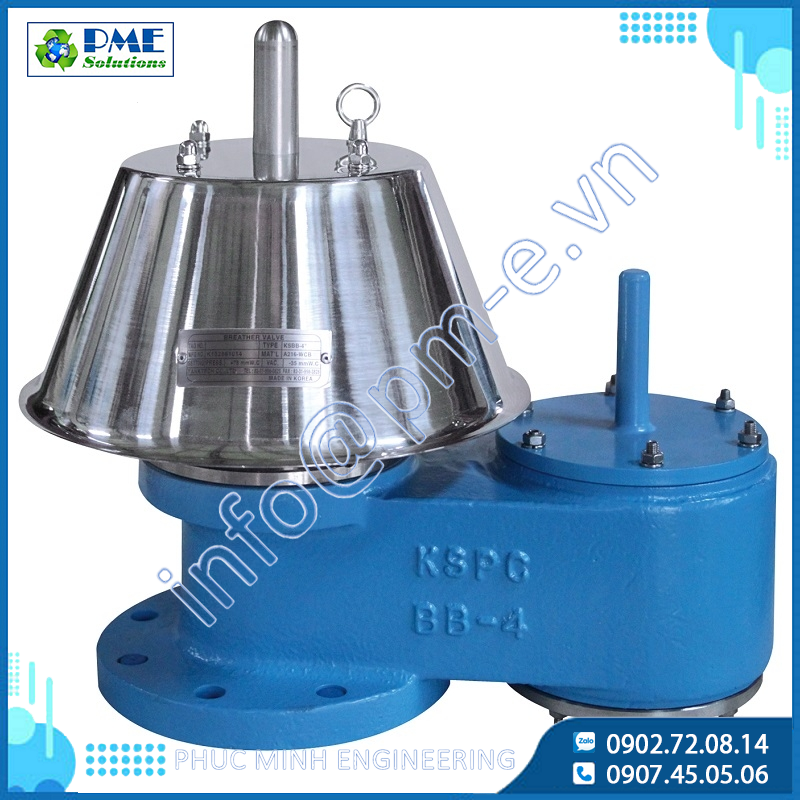


.png)






